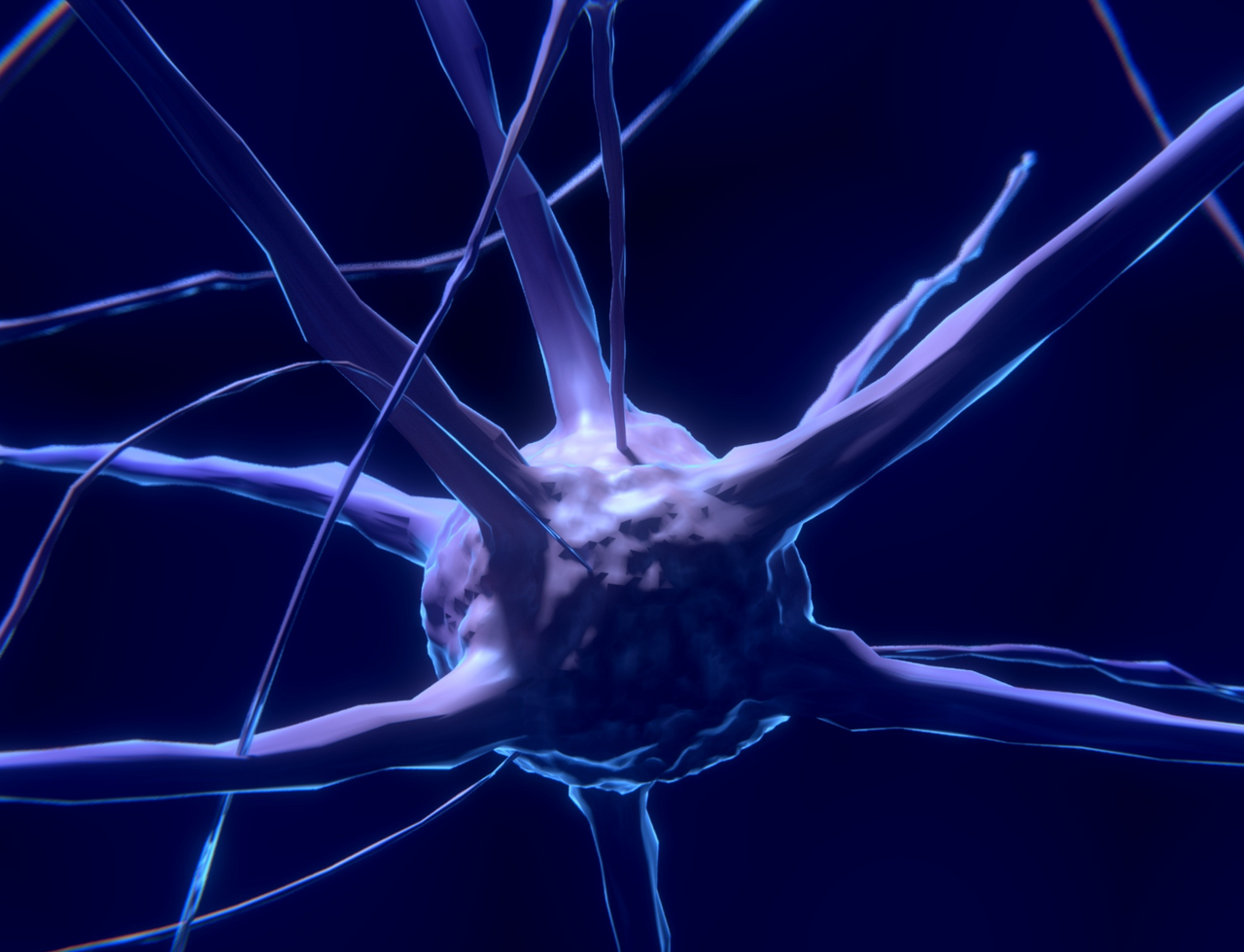
Stroke: DHA underlies the mechanism that reduces neuronal damage

Stroke: DHA reduces neuronal damage!
A lipid molecule derived from DHA, called NDP1, is able to keep damaged brain and retinal cells alive following stroke or other neurodegenerative and ocular disorders, as well as reduce the effect of free oxygen radicals. The role of NPD1, in fact, is to stimulate the production of a protein that can promote cell survival. Delving into this mechanism may aid the development of possible therapies for the treatment of ischemic stroke and retinal degeneration.
This is according to a study conducted by researchers at the LSU Health School of Medicine in New Orleans, USA, and published in the journal Cell death and differentiation.
Stroke is a leading cause of death and disability in Italy
Stroke is a cerebro-vascular injury caused by the interruption of blood flow to the brain due to the obstruction or rupture of an artery. When blood flow is interrupted, neurons deprived of needed oxygen and nutrients, even for a few minutes, begin to die. Cerebral stroke is one of the most frequent causes of death after age 65, but younger people can also be affected. In Italy it represents the third leading cause of death, after cardiovascular disease and neoplasia, and is the leading cause of disability. In addition, stroke represents the second most common form of dementia. The symptoms associated with stroke are diverse and depend on the area of the brain that has been damaged. Two types of stroke can be distinguished: ischemic stroke, the most common, caused by occlusion of a blood vessel, and hemorrhagic stroke caused by rupture of a blood vessel. The risk factors for stroke are different:
- age
- familiarity
- sex
- hypertension
- diabetes mellitus
- hypercholesterolemia
- cigarette smoke
- heart disease
- the excess of alcohol
Many of these risk factors can be eliminated by following a healthy lifestyle: proper diet and consistent physical activity also allow one to maintain an adequate body weight. Obesity is also, in fact, an important risk factor for stroke. Numerous studies have shown that a diet rich in omega 3, in adults and the elderly, facilitates the maintenance of memory and cognitive function, is and associated with a lower risk of stroke. In particular, EPA appears to prevent ischemic stroke, as reported by some studies that attribute the preventive effect to the antithrombotic action induced by this omega-3. DHA is also essential for proper brain function and is necessary for the development of the nervous system and vision. It is, in fact, the main lipid that makes up the membranes of neurons and the retina, and is essential to their development and function(link).
A lipid derived from DHA activates the mechanism of neuronal survival
The main findings of the research showed that DHA gives rise to a signal molecule, called NPD1, which, in turn, enhances the production and availability of a protein that facilitates the preservation of neurons. This protein, called Iduna, is referred to as a "survival" protein because of its ability to protect the brain from the effects of a stroke. Specifically, Iduna is produced when, following brain damage, the mechanisms necessary to protect itself from subsequent damage are triggered by the body. The important role of DHA in the proper functioning and development of the nervous system has long been known, as has its role in the mechanism of vision and retinal function. In this regard, previous studies have shown that NPD1 can offer protection to retinal cells in cases of visual degeneration. As Nicolas Bazan, professor and director of the Center for Neuroscience at the LSU Health School of Medicine, explained, these findings are significant in that they show the action of NPD1, a lipid mediator that, "on demand," modulates the amount of the protein Iduna, which is of great importance in limiting brain damage.
A study conducted on human cells
During the study, the researchers chose two different types of human retinal cells for a series of experiments. Specifically, they added NPD1 to the cells one hour after an experimental stroke and observed increased production and availability of the Iduna protein. Iduna facilitates repair of damaged DNA and protects against a form of programmed cell death by suppressing the production of a destructive protein. The results also showed that NDP1 had reached the peak of its activity six hours after the oxidative stress that occurs after neuronal cell death. So, these results suggest the presence of a circuit in which NPD1 promotes Iduna activity when oxidative stress activates NPD1 formation, which in turn activates Iduna. The protective function of Iduna protein in cells is an important process not only in stroke but also in eye health, and it plays a key role in the maintenance of photoreceptors, the light-sensitive cells found in the retina. In the case of retinal degenerative diseases, the photoreceptors are damaged, and the resulting oxidative stress prevents DHA uptake, reduces NPD1 synthesis, and produces degeneration of the photoreceptors themselves.
DHA-NPD1-Iduna mechanism underlying future therapies?
DHA-derived mediator NPD1 increases the expression of Iduna, a key regulator of cell survival, by blocking cell death, according to the researchers who authored the research. As Professor Bazan himself stated, "Further elucidation of the molecular details of the DHA-NPD1-Iduna relationship may contribute to possible therapeutic interventions for retinal degeneration and ischemic stroke."
Source: Ludmila Belayev, Pranab K Mukherjee, Veronica Balaszczuk, Jorgelina M Calandria, Andre Obenaus, Larissa Khoutorova, Sung-Ha Hong and Nicolas G Bazan. "Neuroprotectin D1 upregulates Iduna expression and provides protection in cellular uncompensated oxidative stress and in experimental ischemic stroke." Cell death and differentiation





